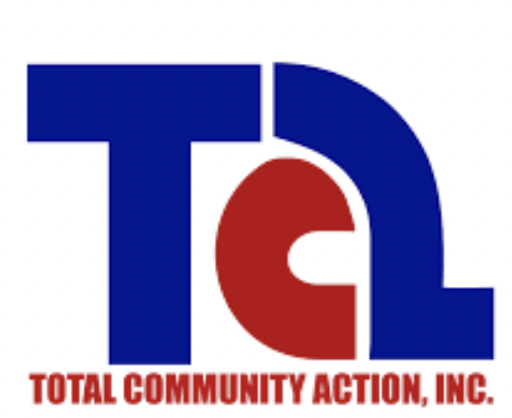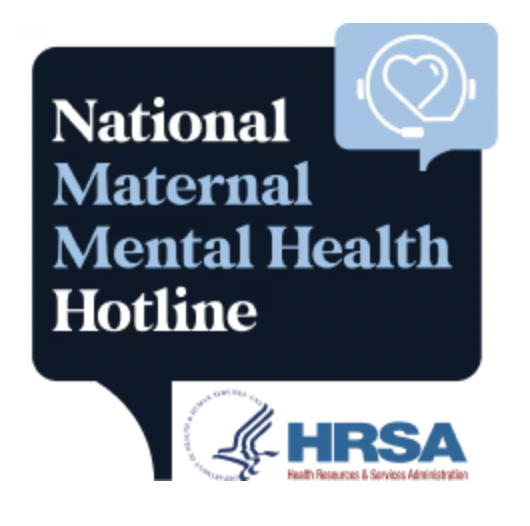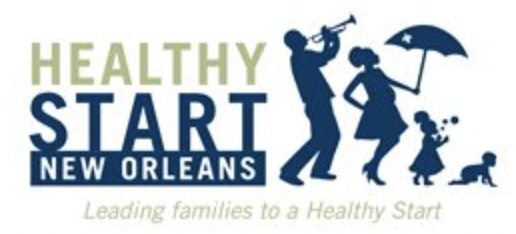Motherhood is an experience millions of women look forward to with eager anticipation. However, with this experience comes positives and negatives; the complexities of which are often misunderstood or, in many cases, silenced. Maternal mental health is a trial that can come with a wide range of challenges, and it must be addressed to ensure the well-being of both the mother and the child. Considering this, the month of May, Maternal Mental Health Awareness Month, aims to highlight this challenge and the many ways to advocate for those most in need of help navigating the often turbulent waters of motherhood.
According to the American Psychology Association (APA), about 15% of pregnant women experience PPD. For many of these women, this is their first experience with a depressive episode. However, while these women share this experience, depression does not look the same for everyone. According to the Center of Disease Control (CDC) common symptoms of PPD include: sadness, anxiety, loss of energy, memory and concentration issues, difficulty connecting with the child, feelings of hopelessness, and even suicidal thoughts. Additionally, PPD is not experienced exclusively by mothers; many fathers also experience paternal postpartum depression (paternal PPD).
According to several sources from the NIH Medical Library, research shows an estimated 10% of dads experience paternal PPD (percentages increase up to 25% depending on time period postpartum and sample size) with a high likelihood of onset with maternal PPD. Additionally, paternal PPD shares many symptoms with maternal PPD. Symptoms include: loss of interest in pleasurable activities, irritability, anger, sadness, disinterest in the baby, fatigue, and withdrawal from family and friends.
Health organization initiatives, locally and nationally, work tirelessly to provide aid for moms and families most vulnerable to mental health struggles. For instance, the Health Resources and Services Administration (HRSA) provides the National Maternal Mental Health Hotline. The hotline number is 1-833-TLC-MAMA (1-833-852-6262) and is available 24 hours a day for moms and families experiencing problems in maternal mental health.
Additionally, the Maternal Mental Health Leadership Alliance (MMHLA) is a leading organization specializing in advocacy and providing resources for maternal mental health. The MMHLA provides email and letter templates to help anyone become an advocate, as well as links to major social media campaigns and assistance identifying your elected officials. All resources can be found by clicking here.
Most notable, however, is the local maternal and child health program developed by DePaul Community Health Center (DCHC). The DePaul Infant Equity Education Program (DIEEP) focuses on maternal and child health equity and education, primarily focusing on childhood nutrition and maternal mental health. The DIEEP catalyst works tirelessly to provide breastfeeding support and education initiatives for the PUMP Act, a new law mandating accessible and non-penalizing means for breastfeeding in the workplace, as well as maternal mental health resources both in-house as well as locally and nationally. Most recently, the program disseminated PPD educational push cards promoting local and national maternal mental health resources, as well as statistics for both maternal and paternal PPD.
To learn more about DCHC's behavioral health services or DIEEP, call a DCHC Catalyst Infant Equity Program staff member at (504) 482-2080.
Infant care... Just for you.











